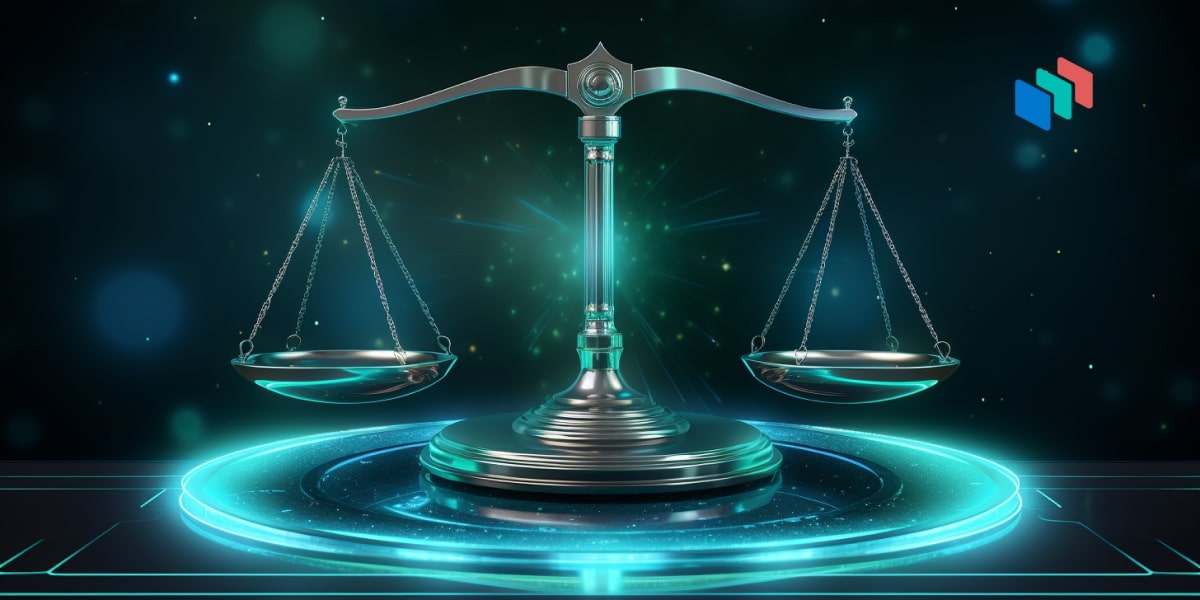What Does CPU Time Mean?
CPU time is the exact amount of time that the CPU has spent processing data for a specific program or process.
Programs and applications normally do not use the processor 100% of the time that they are running; some of that time is spent on I/O operations and fetching and storing data on the RAM or storage device. The CPU time is only when the program actually uses the CPU to perform tasks such as doing arithmetic and logic operations.
CPU time is also known as processing time.
Techopedia Explains CPU Time
CPU time is the measurement of the length of time that data is being worked on by the processor and is used as an indicator of how much processing is required for a process or how CPU intensive a process or program is.
Depending on the scenario of usage, 100% CPU time usage for a given period may be bad or good. It can be good if the goal was to use the CPU fully among programs, or bad as it may indicate that a process has been running in an endless loop or that a certain process is not optimized.
The CPU time required by programs and processes are often minuscule, fractions of a second, which is why a lot of programs can be running at the same time, but still get their turn on the CPU.
Each is granted a specific amount of time or time slice to access the CPU. For example, if a program accesses the CPU for one second every five seconds, then its total CPU time in the span of one minute is 12 seconds.





